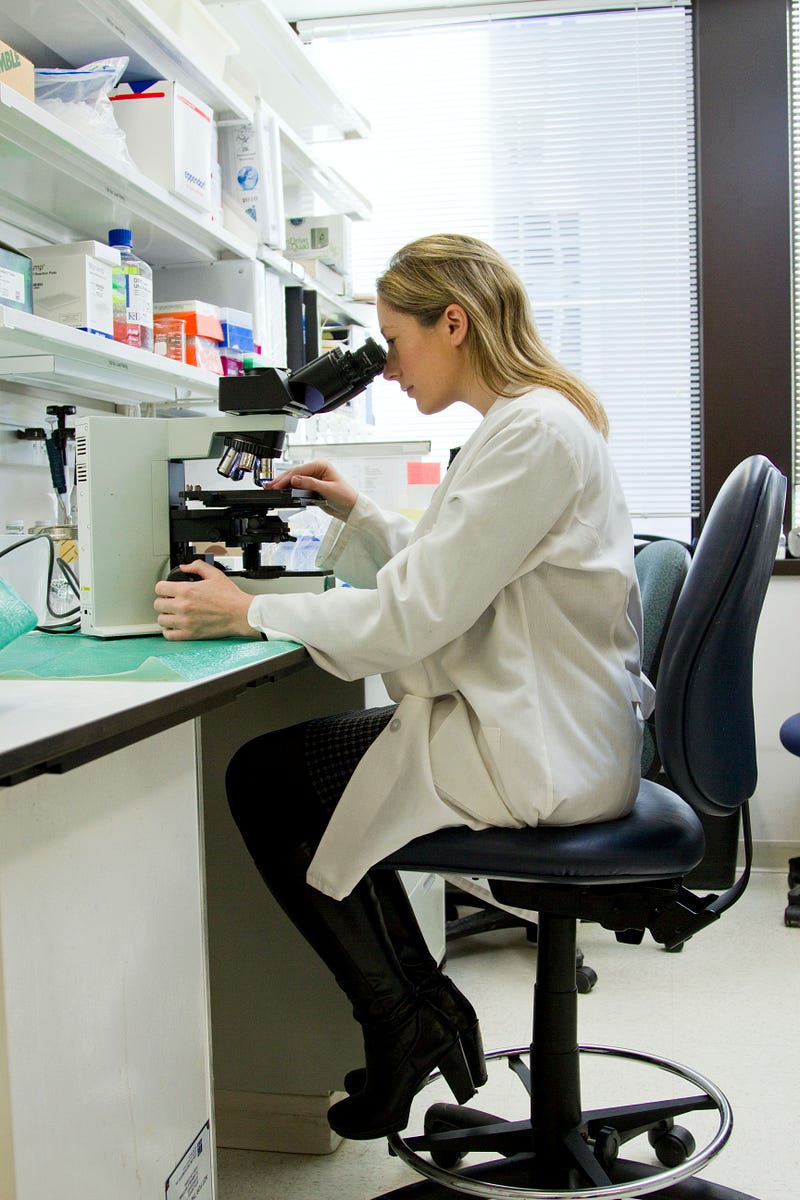Hematology and Medical Oncology are two closely related medical specialties that focus on the diagnosis, treatment, and management of blood disorders and cancer. These fields play a critical role in improving the lives of patients by advancing our understanding of these diseases and developing innovative therapies. This article delves into the realms of Hematology and Medical Oncology, exploring their significance and the progress they have made in recent years.
Hematology: The Study of Blood
Hematology is the branch of medicine that deals with the study of blood, blood-forming tissues, and disorders related to them. Hematologists are medical doctors who specialize in diagnosing and treating conditions such as anemia, leukemia, lymphoma, and bleeding disorders. Key areas of focus in Hematology include:
Anemia Management: Anemia, characterized by a deficiency of red blood cells or hemoglobin, can lead to fatigue and weakness. Hematologists diagnose the underlying causes and develop treatment plans, which may include iron supplementation or blood transfusions.
Coagulation Disorders: Hematologists investigate disorders of blood clotting, such as hemophilia and thrombosis. They develop strategies to manage clotting disorders and reduce the risk of bleeding or excessive clot formation.
Blood Cancers: Hematologists specialize in diagnosing and treating blood cancers, including leukemia, lymphoma, and myeloma. They employ therapies such as chemotherapy, stem cell transplantation, and targeted therapies to combat these diseases.
Medical Oncology: Fighting Cancer
Medical Oncology focuses on the diagnosis and treatment of cancer, one of the leading causes of death worldwide. Medical oncologists are physicians who specialize in developing personalized treatment plans for cancer patients. Key aspects of Medical Oncology include:
Cancer Diagnosis: Medical oncologists work closely with pathologists and radiologists to confirm cancer diagnoses, staging the disease to determine its extent and spread.
Treatment Planning: Each cancer case is unique, and medical oncologists develop tailored treatment plans that may include surgery, radiation therapy, chemotherapy, immunotherapy, or targeted therapies.
Palliative Care: Medical oncologists provide palliative care to manage cancer-related symptoms, enhance patients' quality of life, and support them throughout their cancer journey.
Clinical Trials: These specialists often participate in and oversee clinical trials to evaluate and develop new cancer treatments, contributing to the ongoing progress in cancer care.
The Significance of Hematology and Medical Oncology
Early Detection: Advances in Hematology and Medical Oncology have led to earlier cancer detection, enabling more effective treatment and improved survival rates.
Targeted Therapies: These fields have introduced targeted therapies that specifically attack cancer cells while minimizing damage to healthy tissue, reducing side effects.
Personalized Medicine: Hematology and Medical Oncology emphasize personalized treatment plans based on a patient's genetic and molecular profile, optimizing therapy effectiveness.
Improved Survival Rates: The integration of cutting-edge treatments, such as immunotherapy and precision medicine, has significantly improved the prognosis for many cancer patients.
Conclusion
Hematology and Medical Oncology are at the forefront of medical science, tirelessly working to advance our understanding of blood disorders and cancer. Their contributions to early detection, innovative treatments, and personalized care have transformed the landscape of healthcare for patients facing these life-altering conditions. As research continues and new therapies emerge, the hope for better outcomes and improved quality of life for individuals affected by blood disorders and cancer remains brighter than ever. These specialties exemplify the dedication and compassion of healthcare professionals in the fight against some of the most challenging diseases of our time.





